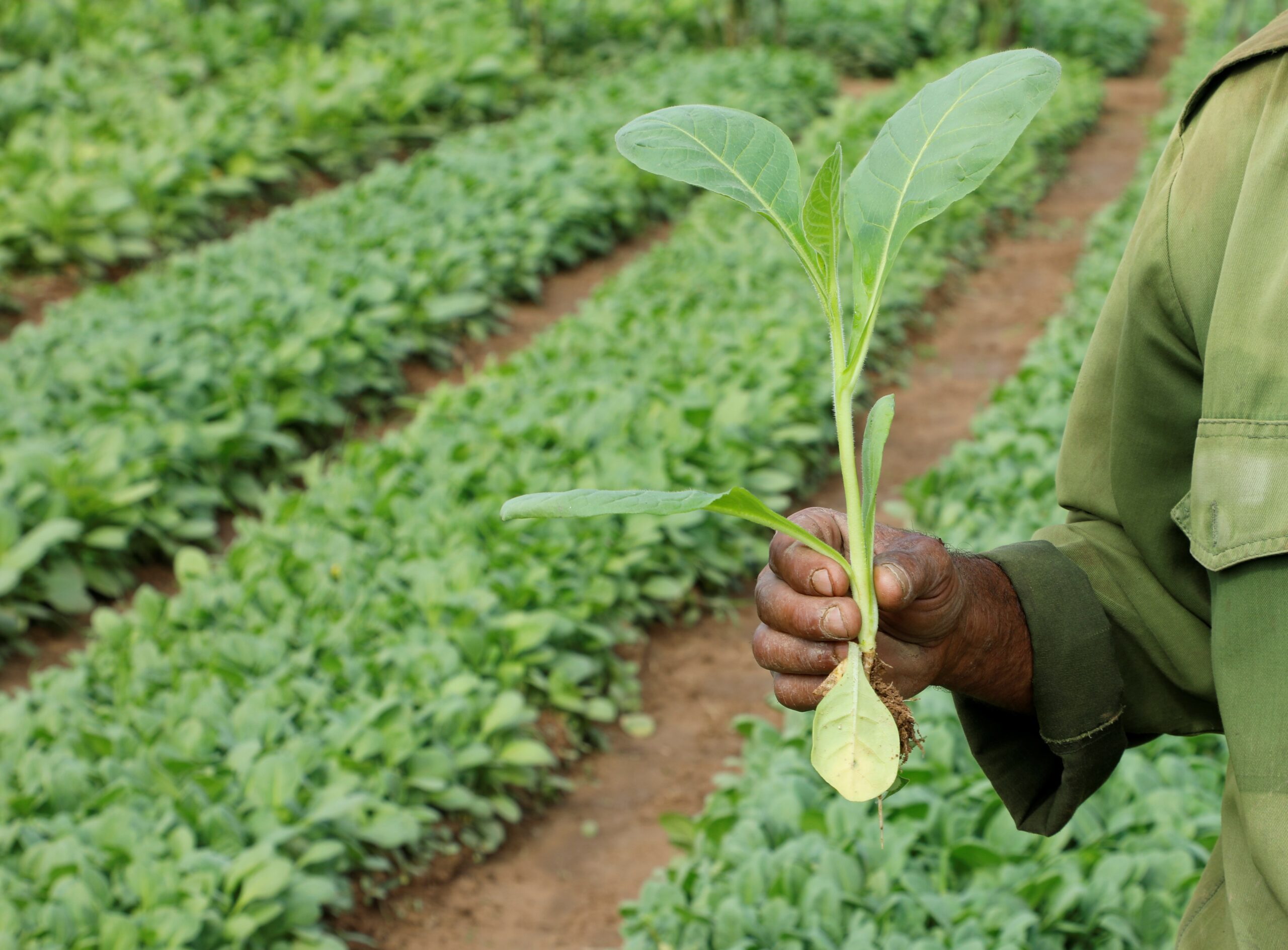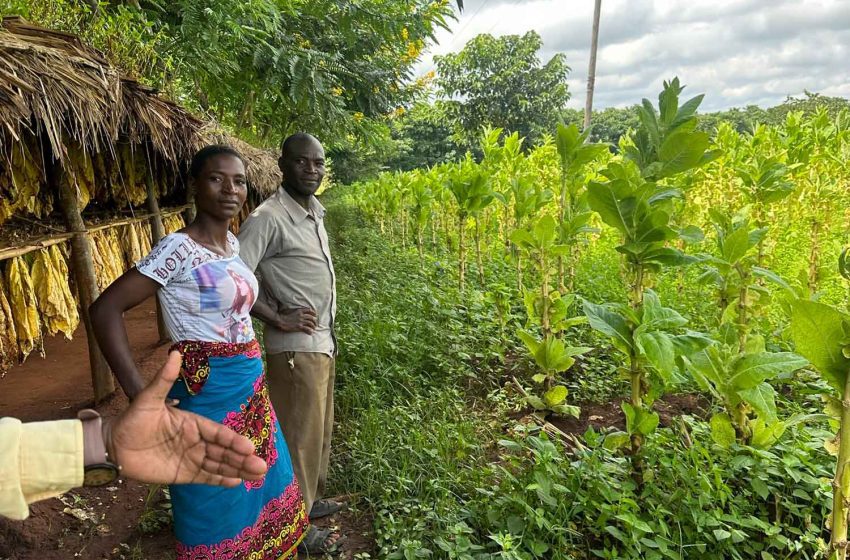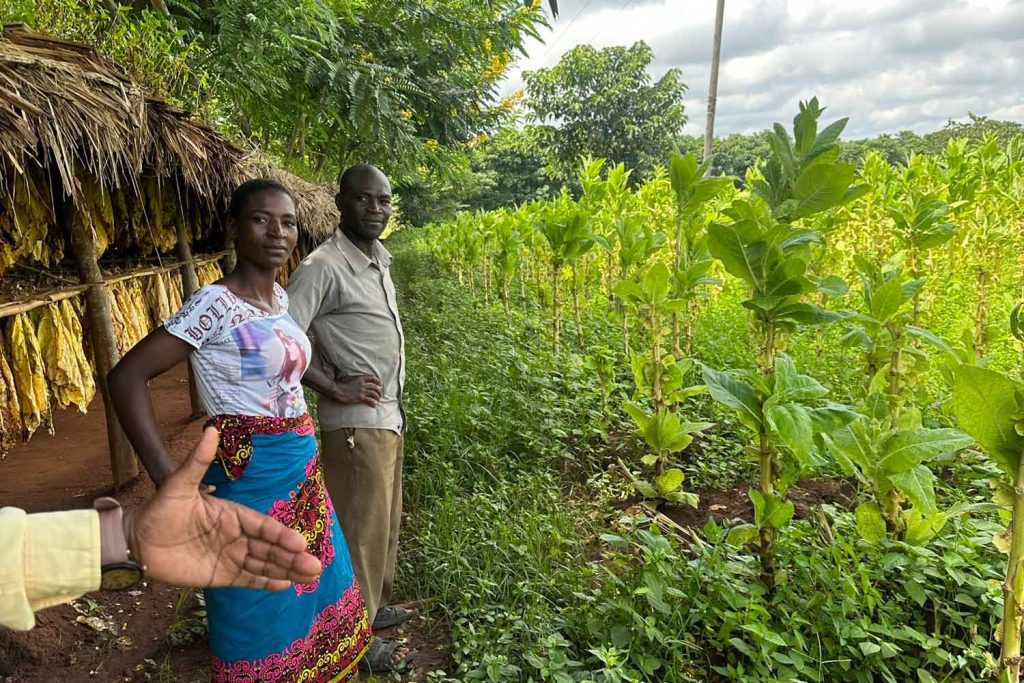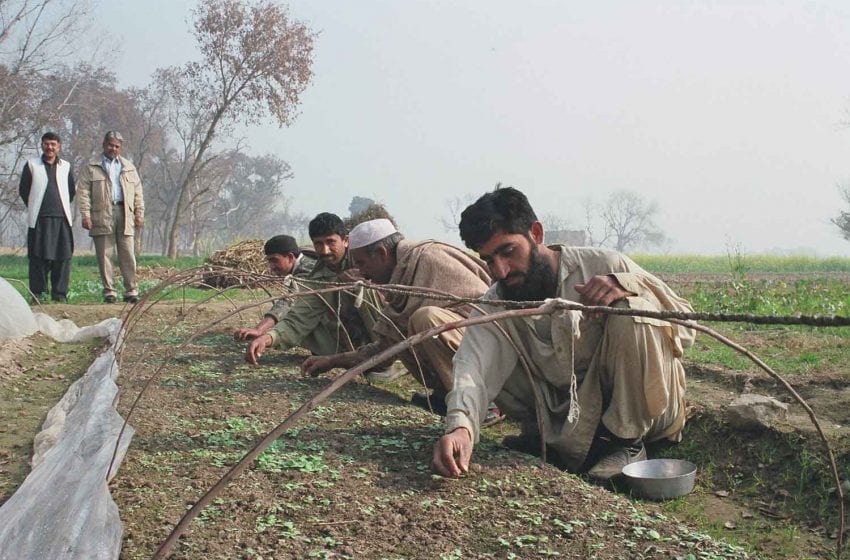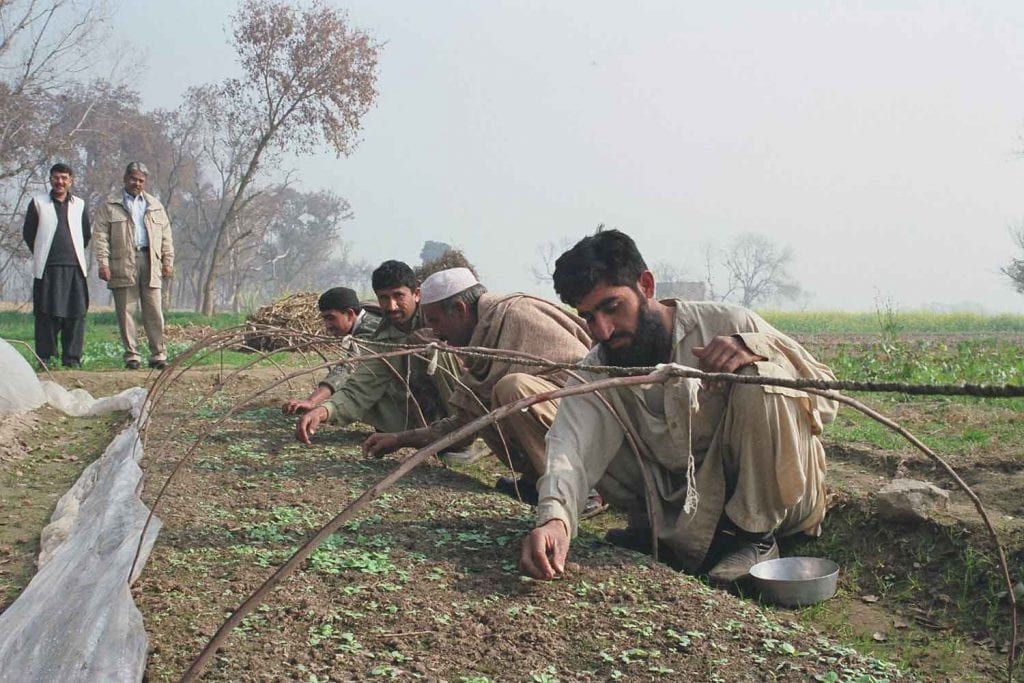In Zimbabwe, the Tobacco Industry and Marketing Board (TIMB) has extended the deadline for destroying tobacco seedbeds for the 2024/25 season to January 15, 2025, citing delays caused by a slow start to the rainy season. Under the Plant Pests and Diseases (Tobacco) Regulations of 1979, seedbeds were initially required to be destroyed by December 31 to prevent pest and disease cycles. However, the prolonged dry spell and insufficient water resources delayed transplanting, prompting the extension to protect farmers’ investments and enable them to recover from the challenging conditions.
Tobacco remains Zimbabwe’s second-largest foreign currency earner, primarily cultivated by smallholder farmers. Despite adverse conditions caused by an El Niño-induced drought in 2023/24, the industry showed resilience, with 236 million kilograms produced and an increase in registered growers and transplanted hectares by the end of 2024. TIMB has set a target of 300 million kilograms for the upcoming season, urging growers to adopt climate-smart practices such as efficient water management and weed control to mitigate the effects of erratic weather. The recent rains have renewed optimism for the season’s success.

